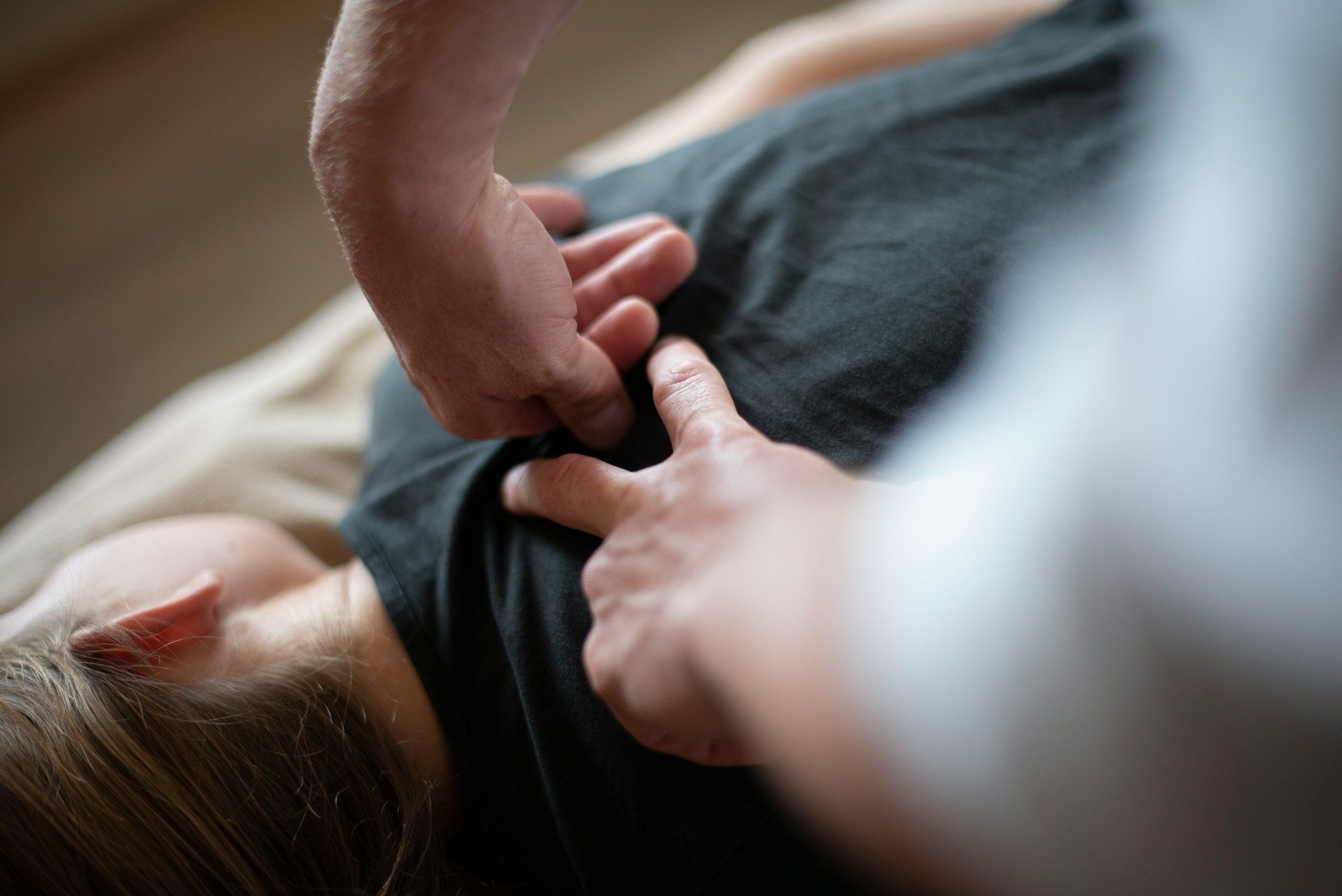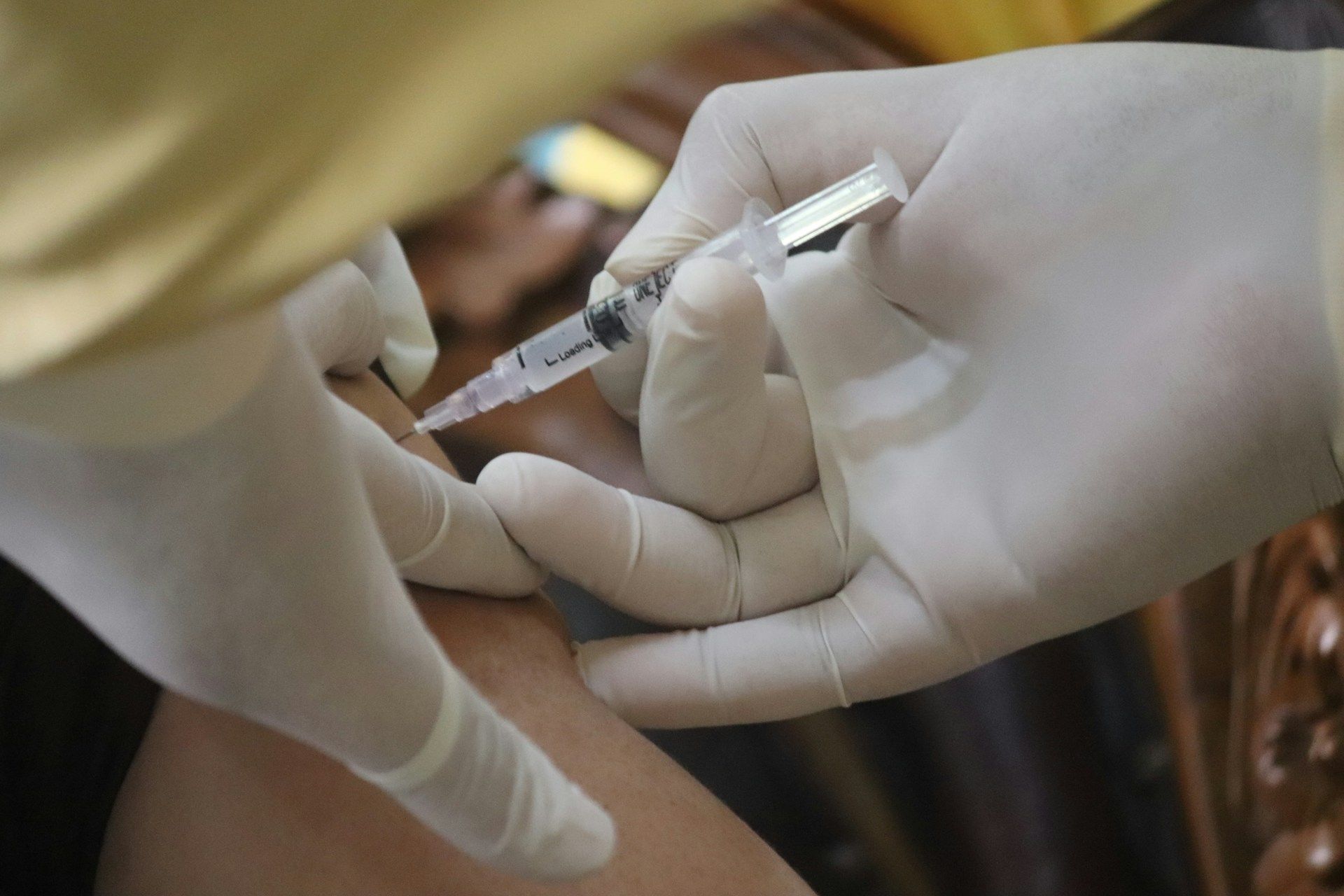Tips for Managing Peripheral Neuropathy Everyday
Living with peripheral neuropathy can be tough. This condition affects the nerves outside the brain and spinal cord, leading to pain, tingling, and numbness, often in the hands and feet. These symptoms can make everyday activities challenging and affect your quality of life. However, there are ways to manage these symptoms and make daily life more comfortable.
This article will provide practical tips for managing peripheral neuropathy daily. By integrating these methods into your routine, you can improve your overall well-being and live a more active life, despite the challenges of peripheral neuropathy.
Understanding Peripheral Neuropathy
Peripheral neuropathy is a condition that affects the peripheral nerves, which are the nerves outside the brain and spinal cord. These nerves are responsible for sending signals between your brain and the rest of your body.
When they are damaged, it can lead to symptoms such as numbness, tingling, and pain, mostly in the hands and feet. Other symptoms include muscle weakness, sensitivity to touch, and problems with coordination.
There are many causes of peripheral neuropathy. Diabetes is one of the most common causes, but other factors like infections, injuries, and exposure to toxins can also contribute. Sometimes, the condition can develop without any known cause, which is referred to as idiopathic peripheral neuropathy.
Understanding the symptoms and causes of peripheral neuropathy is important for managing the condition effectively. Early diagnosis and treatment can help prevent further nerve damage and alleviate symptoms. Treatments may include medications, physical therapy, and lifestyle changes that address the underlying causes and help with symptom management.
Daily Exercise and Physical Activity
Incorporating daily exercise and physical activity into your routine is crucial for managing peripheral neuropathy. Regular exercise helps improve blood flow, which can nourish damaged nerves and promote healing. It also strengthens muscles, enhances flexibility, and improves balance, which can help mitigate some of the physical symptoms.
Types of Exercises
- Aerobic Activities: Activities like walking, swimming, and cycling can get your heart pumping and improve circulation. Aim for at least 30 minutes of aerobic exercise most days of the week.
- Strength Training: Lifting weights or using resistance bands can help build and maintain muscle strength. This is especially important if peripheral neuropathy has caused muscle weakness.
- Stretching: Gentle stretching exercises can improve flexibility and reduce stiffness. Yoga and tai chi are great options for stretching and balance.
Tips for Exercising Safely
- Start Slowly: If you’re new to exercise, start with short sessions and gradually increase the duration and intensity.
- Wear Proper Footwear: Choose shoes that provide good support and cushioning to protect your feet, especially if you have numbness or reduced sensitivity.
- Stay Hydrated: Drink plenty of water before, during, and after your workouts.
Dietary Tips to Manage Symptoms
The right diet can play an important role in managing peripheral neuropathy. Eating a balanced diet helps support overall health and can reduce some symptoms of neuropathy. Here are a few dietary tips that might help:
1. Include Fruits and Vegetables: Fruits and vegetables are rich in vitamins, minerals, and antioxidants. These nutrients can help protect nerve cells from damage and promote healing. Aim for a colorful variety each day to get a broad range of nutrients.
2. Get Enough Protein: Protein is important for nerve repair and maintenance. Incorporate lean sources like chicken, fish, beans, and nuts into your meals.
3. Healthy Fats: Omega-3 fatty acids found in fish, flaxseeds, and walnuts can help reduce inflammation and support nerve health. Try to include these in your diet regularly.
4. Limit Sugar and Processed Foods: High blood sugar levels can worsen peripheral neuropathy, especially for people with diabetes. Avoid sugary snacks and processed foods, which can spike blood sugar and contribute to nerve damage.
5. Stay Hydrated: Proper hydration is essential for overall health. Drink enough water throughout the day to keep your body functioning optimally.
These dietary tips can help you manage your symptoms and improve your overall well-being. Remember, it's always wise to consult with a healthcare provider or a nutritionist to create a diet plan that's best for you.
Effective Home Remedies and Self-Care Strategies
Managing peripheral neuropathy at home can greatly improve your quality of life. In addition to professional treatments, there are several home remedies and self-care strategies that can help alleviate symptoms.
1. Warm Baths: Soaking in a warm bath can help relax muscles and improve blood circulation, which might reduce pain and discomfort.
2. Massage: Gentle massage can improve blood flow and stimulate nerves. It can also help relieve muscle tension and pain.
3. Epsom Salt Soaks: Adding Epsom salt to your bathwater can provide relief from pain and discomfort. The magnesium in Epsom salt can help reduce inflammation and ease muscle soreness.
4. Use of Capsaicin Cream: Capsaicin cream, made from chili peppers, can be applied to the skin to relieve pain. It works by reducing the amount of a pain-causing substance in the body.
5. Avoid Tight Clothing and Shoes: Wear loose clothing and comfortable shoes to avoid putting pressure on affected areas, which can worsen symptoms.
6. Maintain a Healthy Weight: Keeping a healthy weight can reduce pressure on your nerves and improve symptoms. Regular exercise, as mentioned earlier, can help with this.
Conclusion
Peripheral neuropathy can significantly affect one’s life, but understanding the condition and taking proactive steps can make a big difference. By incorporating daily exercise, following dietary tips, and using effective home remedies, those with peripheral neuropathy can manage their symptoms more effectively and improve their quality of life.
If you or someone you know is struggling with peripheral neuropathy, it's essential to seek professional guidance. At Apollo Spine and Pain Center, our team is dedicated to providing comprehensive care and exploring various treatment options to help with pain management. Contact us today to learn more about how we can help you live a healthier, more comfortable life.












